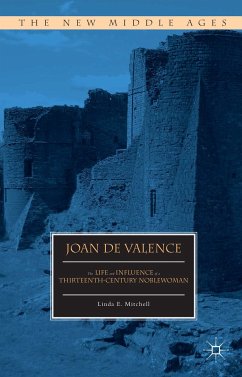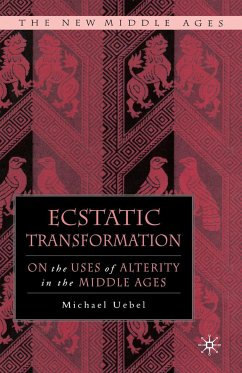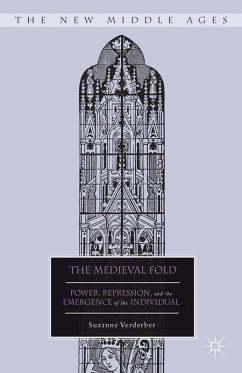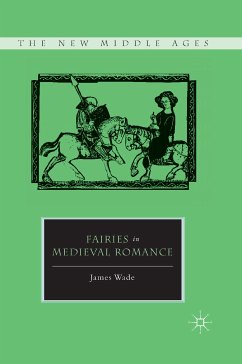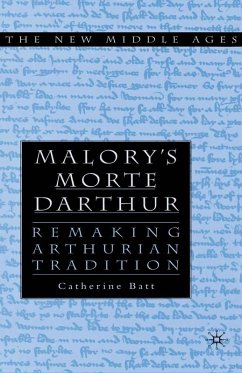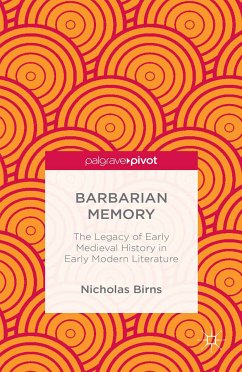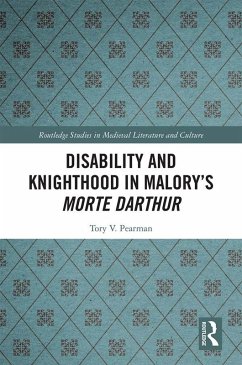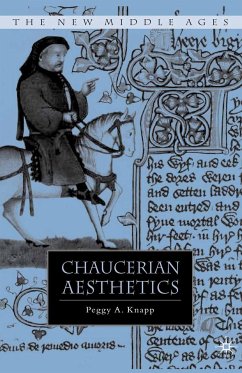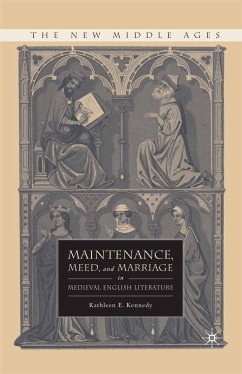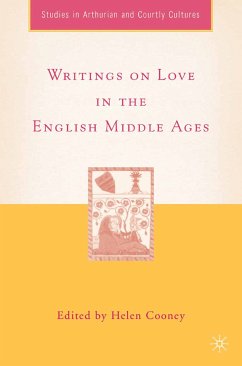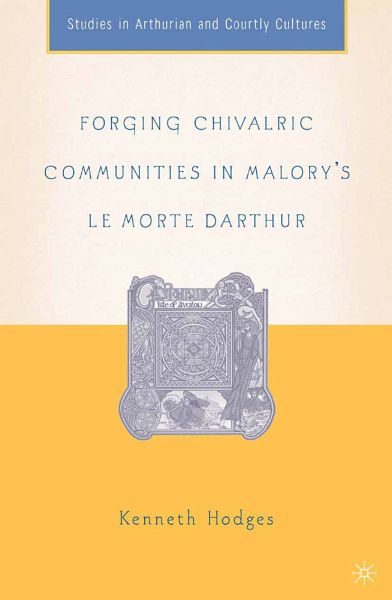
Forging Chivalric Communities in Malory's Le Morte Darthur (eBook, PDF)
Versandkostenfrei!
Sofort per Download lieferbar
72,95 €
inkl. MwSt.
Weitere Ausgaben:

PAYBACK Punkte
36 °P sammeln!
Forging Chivalric Communities in Marlory's Morte D'Arthur shows that Malory treats chivalry not as a static institution but as a dynamic, continually evolving ideal. Le Morte D'arthur is structured to trace how communities and individuals adapt or create chivalric codes for their own purposes; in turn, codes of chivalry shape groups and their customs. Knights' loyalties are torn not just between lords and lovers but also between the different codes of chivalry and between different communities. Women, too, choose among the different roles they are asked to play as queens, counsellors, and even...
Forging Chivalric Communities in Marlory's Morte D'Arthur shows that Malory treats chivalry not as a static institution but as a dynamic, continually evolving ideal. Le Morte D'arthur is structured to trace how communities and individuals adapt or create chivalric codes for their own purposes; in turn, codes of chivalry shape groups and their customs. Knights' loyalties are torn not just between lords and lovers but also between the different codes of chivalry and between different communities. Women, too, choose among the different roles they are asked to play as queens, counsellors, and even quasi-knights.
Dieser Download kann aus rechtlichen Gründen nur mit Rechnungsadresse in A, B, BG, CY, CZ, D, DK, EW, E, FIN, F, GR, HR, H, IRL, I, LT, L, LR, M, NL, PL, P, R, S, SLO, SK ausgeliefert werden.



